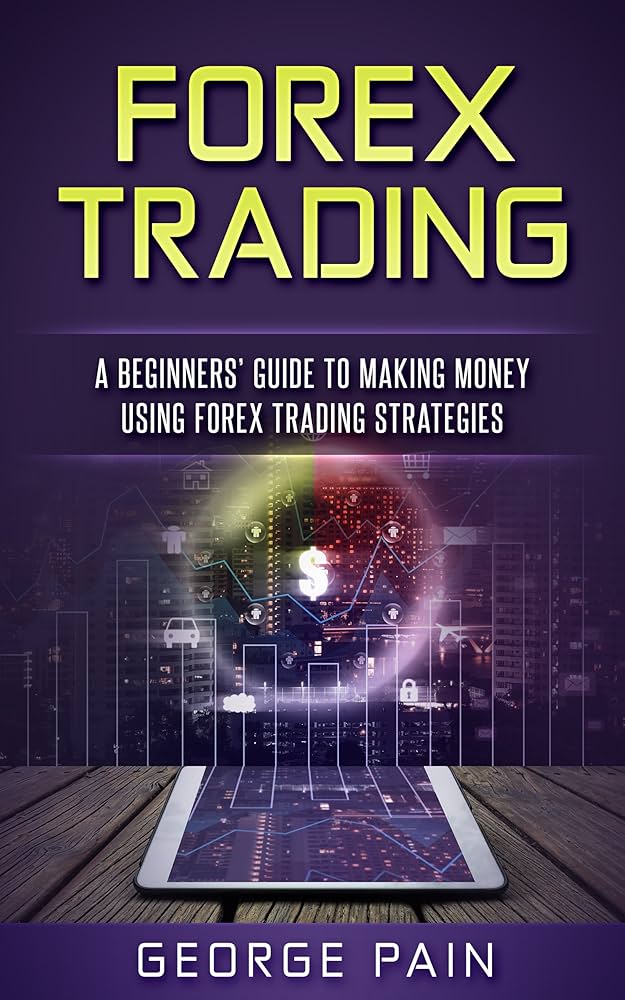Forex trading. The words themselves can conjure images of fast-paced markets, complex charts, and the potential for significant profits. But is it really as intimidating as it sounds? Absolutely not! While it requires dedication and a willingness to learn, forex trading can be accessible to anyone with the right guidance. This guide will break down the basics, offering a clear path to understanding how you can potentially make money in the exciting world of foreign exchange. So, are you ready to embark on your forex journey? Let’s dive in!
Understanding Forex Trading: A Path to Financial Freedom?
Forex, short for foreign exchange, is the global marketplace where currencies are traded. Think of it as a giant online bazaar where you can buy and sell different currencies, aiming to profit from their fluctuating values. It’s the largest and most liquid financial market in the world, with trillions of dollars changing hands every single day.
But how do you actually make money? Well, you’re essentially betting on whether one currency will increase or decrease in value relative to another. For example, you might believe that the Euro will strengthen against the US dollar. If you’re right, you can sell your Euros for more dollars than you initially paid, pocketing the difference as profit. Sounds simple, right? It can be, but like any investment, there are risks involved.
Here’s a quick breakdown of some key concepts:
- Currency Pairs: Currencies are always traded in pairs, such as EUR/USD (Euro vs. US Dollar) or GBP/JPY (British Pound vs. Japanese Yen).
- Pips: A “pip” (percentage in point) is the smallest unit of price movement in a currency pair.
- Leverage: Leverage allows you to control a larger position with a smaller amount of capital. While it can amplify your profits, it can also magnify your losses. Use it wisely!
Tip: Start with a demo account! Most brokers offer demo accounts that allow you to practice trading with virtual money. This is a fantastic way to learn the ropes without risking any real capital.






